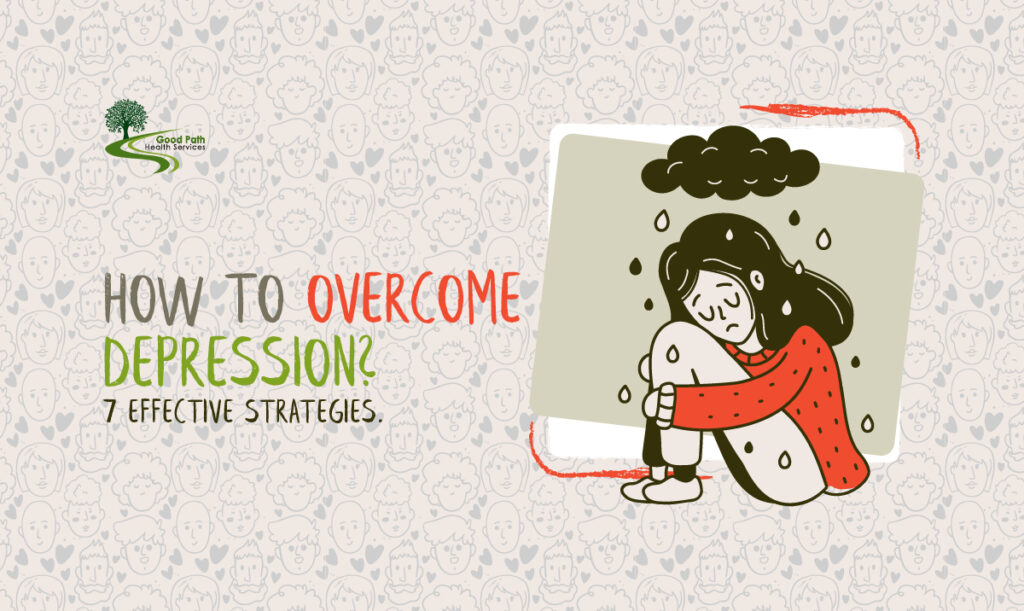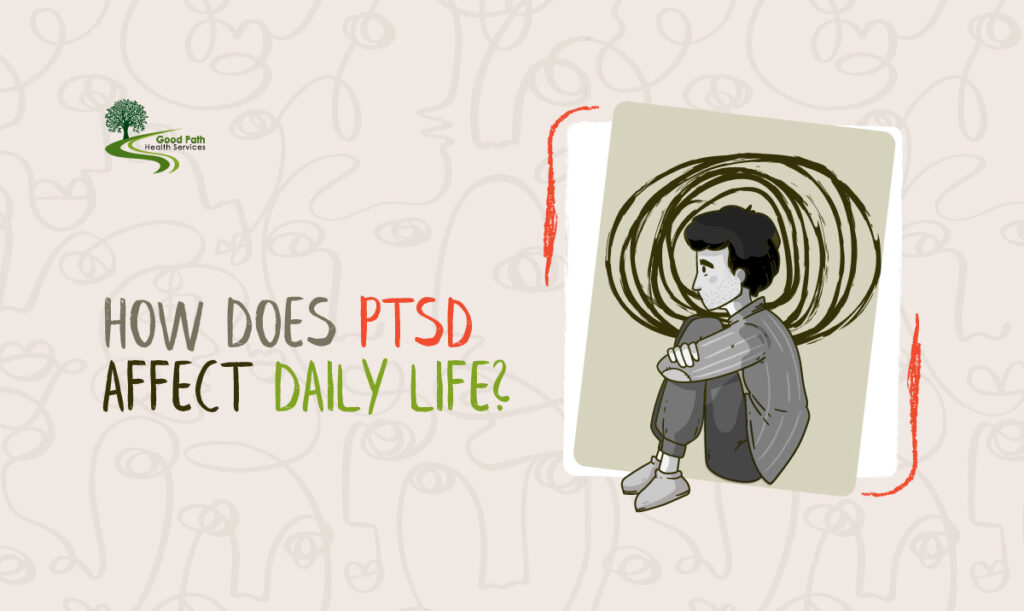
Zoloft, also known by its generic name sertraline, is a prescribed medication for treating:
- Depression.
- Anxiety disorders.
- Obsessive-compulsive disorder (OCD).
- Other mental health conditions.
Even though Zoloft is generally effective in managing these conditions for many people, one side effect that some users may experience is insomnia.
In the blog below, we’ll talk about the connection between Zoloft and insomnia — including why it happens and what you can do about it.
What is Zoloft?
Zoloft belongs to a class of medications called selective serotonin reuptake inhibitors (SSRIs).
SSRIs work by increasing the levels of serotonin – which is a neurotransmitter that plays a big role in regulating one’s mood.
By doing so, Zoloft can ease the symptoms of depression and anxiety.
How Zoloft Works
Zoloft works by blocking the reabsorption (reuptake) of serotonin neurotransmitters in the brain.
This allows serotonin to remain active in the brain for a longer period which can help improve mood and reduce symptoms of depression and anxiety.
Can Zoloft Cause Insomnia?
It’s true that Zoloft can be highly effective in treating depression and anxiety, yet some users may experience difficulty sleeping or insomnia as a side effect.
Insomnia is something that causes difficulty falling asleep, staying asleep, or both which can cause one fatigue, irritability and impaired functioning during the day.
Why Does Zoloft Cause Insomnia?
The exact mechanism by which Zoloft causes insomnia isn’t fully understood.
But it’s believed that changes in serotonin levels in the brain can disrupt the body’s natural sleep-wake cycle — leading to difficulties with sleep.
Additionally, other things such as anxiety or stress related to starting a new medication might also cause insomnia in some people.
Managing Insomnia While Taking Zoloft
If you’re experiencing insomnia while taking Zoloft, there are several steps you can take to help improve your sleep quality:
1. Talk to your doctor about it.
If you’re experiencing insomnia or any other side effects while taking Zoloft, it’s important to discuss your symptoms with your healthcare provider. They may be able to adjust your dosage, switch you to a different medication, or recommend other strategies to help alleviate your symptoms.
2. Have good sleep hygiene.
Here’s what you can do:
- Have a regular sleep schedule and maintain it.
- Create a calm and relaxing bedtime routine — it helps with sleep quality.
- Avoid caffeine, nicotine, and alcohol close to bedtime.
- Limit screen time before bed.
3. Consider cognitive behavioral therapy (CBT).
Cognitive-behavioral therapy for insomnia (CBT-I) is a highly effective treatment for insomnia that focuses on changing thoughts and behaviors that contribute to sleep difficulties.
Your healthcare provider may recommend CBT-I as a non-drug treatment option for improving your sleep while taking Zoloft.
Conclusion
Zoloft can be an effective treatment for depression and anxiety, insomnia is a possible side effect that some users may experience.
If you’re having trouble sleeping while taking Zoloft then it’s important to talk to your provider.
They can work with you to develop a treatment plan that addresses your symptoms and helps you get the restful sleep you need.
If you’re struggling with insomnia or other mental health concerns, Good Path Health Services is here to help.
Contact us today to schedule an appointment with one of our licensed healthcare providers.
Related Reads:
Frequently Asked Questions
Is insomnia a common side effect of Zoloft?
Insomnia is a potential side effect of Zoloft, although not everyone will experience it. If you’re having trouble sleeping while taking Zoloft, talk to your doctor.
How long does insomnia last when starting Zoloft?
Insomnia when starting Zoloft is typically temporary and may improve within a few weeks as your body adjusts to the medication.
If insomnia persists, speak to your healthcare provider.
Can Zoloft help with insomnia?
While Zoloft is not typically prescribed specifically to treat insomnia, some people may find that their sleep improves as their depression or anxiety symptoms are alleviated by the medication.
If insomnia worsens, it’s important to consult a doctor.



